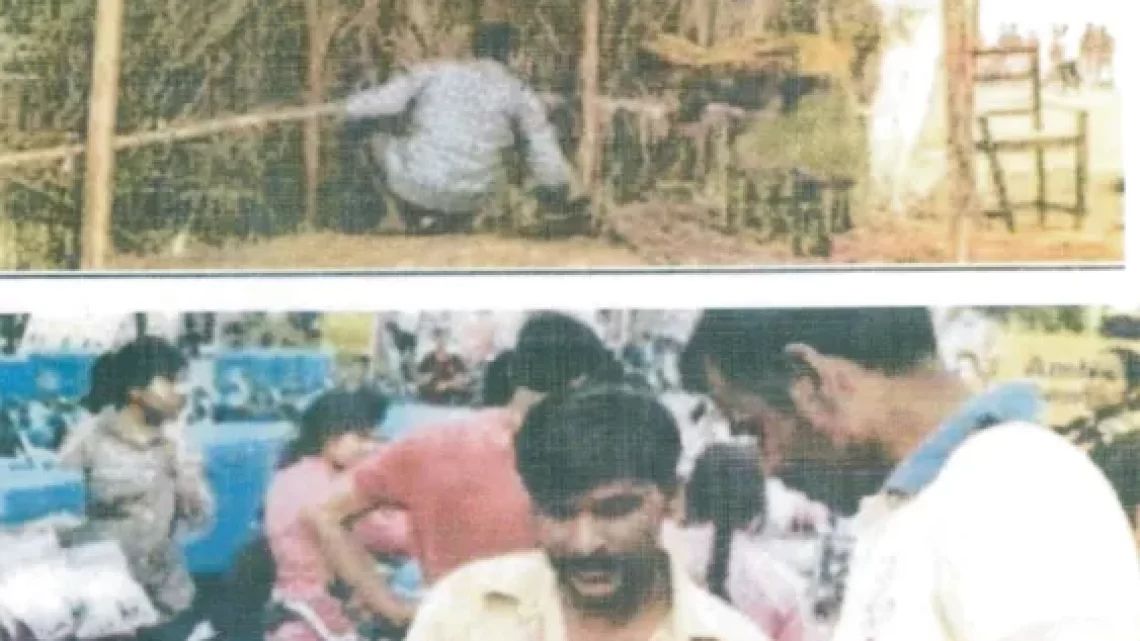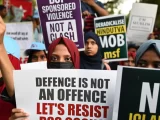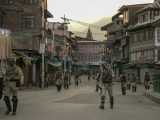
Unheard Cries of the Pakistani-Hindu Bheel Community in India
February 12, 2024The treatment of the Pakistani Hindu Bheel community in various Indian camps, particularly in Jodhpur, has raised concerns about their living conditions and well-being. Reports suggest that approximately 60,000 Pakistani Hindus are residing in different camps across India, with significant populations in New Delhi, Gujarat, Uttar Pradesh, Rajasthan, Assam, Chhattisgarh, and Madhya Pradesh. Allegations of maltreatment and poor living conditions have sparked a debate on the responsibilities of the Indian government and the need for international intervention.
The living conditions of the Pakistani Hindu Bheel community in Jodhpur and other parts of India have come under scrutiny. Reports indicate that these communities are facing challenges such as inadequate housing, limited access to healthcare, education, and sanitation facilities. The harsh conditions they endure have prompted concerns about their overall well-being.
Jodhpur, a city in the state of Rajasthan, has a significant population of Pakistani Hindu Bheel refugees. Reports suggest that their situation in Jodhpur is particularly dire, with limited resources and inadequate support systems. The community faces challenges in obtaining documentation, which further hampers their access to essential services and rights.
Some voices are quick to attribute the reported maltreatment to the Indian government, specifically blaming Prime Minister Narendra Modi’s administration. However, it is crucial to approach the issue with nuance and recognize that the situation is the result of deliberate negligence.
The Indian government has the responsibility to address the needs of all residents within its borders, including refugees and minority communities. However, international pressure should be exercised responsibly, avoiding sweeping generalizations that may hinder diplomatic efforts.
Media plays a pivotal role in shaping public opinion and influencing government actions. It is essential for journalists to thoroughly investigate and report on the conditions faced by the Pakistani Hindu Bheel community in Jodhpur and other parts of India. Accurate and unbiased reporting can shed light on the challenges these communities face, fostering public awareness and encouraging constructive dialogue.
While the media should expose concerns, calls for international intervention should be balanced and based on verified information. International bodies, such as the United Nations, can play a role in monitoring the situation, providing assistance, and facilitating dialogue between the Indian government and affected communities.
The maltreatment of the Pakistani Hindu Bheel community in Jodhpur and other parts of India is a pressing humanitarian issue that demands attention. Accurate reporting, responsible international discourse, and collaborative efforts between the Indian government and global bodies can contribute to addressing the challenges faced by these communities. Rather than assigning blame, a collaborative approach is crucial to ensuring the well-being and dignity of all individuals, regardless of their background or nationality.

